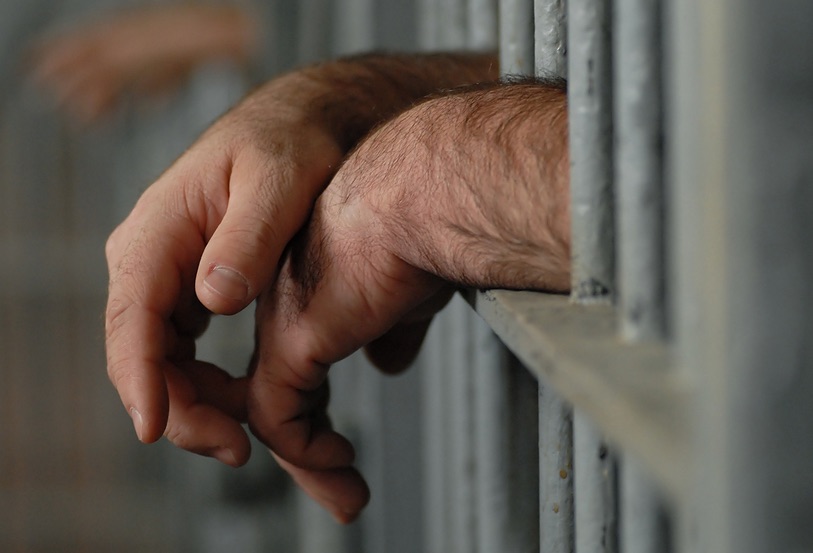Working with inmates of the correctional and judicial system can be challenging for many social work professionals. Students who are earning their master’s in social work (MSW) degree should be aware of the unique situations they may find themselves in when dealing with prisoners, and how to approach these cases with professionalism and compassion.
Prisoners and human rights
Incidents where the basic human rights of inmates are abused routinely make news headlines. Social workers may be called upon to mediate such cases, and students who are earning their MSW need to familiarize themselves with how to approach such cases with impartiality and professionalism, especially when confronted with media attention.
Working with Corrections: What Social Workers Need to Know Social workers dealing with cases involving prisoners should be aware of the unique considerations that must be taken into account when working with clients in the correctional system. This paper outlines some of these factors.
The Limits of Citizenship: The Rights of Prisoners in the U.S. A paper identifying how prisoners are often marginalized within the penal system and the challenges they face upon release.
Social Work, Corrections and the Strengths Approach This study examines how social workers can be actively involved in policy decisions, as well as changing attitudes towards rehabilitation versus punitive behavioral models.
Prisoners and their families
The judicial system affects more than just prisoners. The families and loved ones of inmates are often forgotten by mainstream society, and these individuals may need as much – if not more – support than incarcerated individuals.
Children and Families with Incarcerated Families A report that investigates how social workers can be crucial in supporting the families of prisoners and helping them adjust to the financial, emotional and psychological pressures associated with the imprisonment of a loved one.
Prisoners and Their Families A collection of resources relating to the families of prisoners that students who are pursuing their MSW degree may find useful.
Hard Data on Hard Times: How Incarceration Affects Families Statistical information detailing how rising prison populations affect issues surrounding the adoption of children, visitation rights for parents who are serving custodial sentences, and the foster care system.
Parenting Issues During Incarceration A paper that examines how family structure, the long-term implications on child development and familial communication are affected by imprisonment.
Social work and the reintroduction of inmates to society
Inmates and the communities in which they live are often divided by prejudice, discrimination and other societal factors, which can make the job of social work professionals more challenging. Social workers are vital in cases of inmate rehabilitation and can often function as intermediaries in cases of prisoner re-entry.
Prisoners and Prisoner Re-Entry A series of guidelines published by the Department of Justice aimed at social workers and human services professionals. This document includes resources to assist social workers with matters involving legal considerations, myths surrounding inmates and faith-based groups in the wider community, and mentoring program guidelines.
The Challenges of Inmate Re-Entry: Facts and Figures Statistical information relating to prisoner rehabilitation and how prisoner re-entry can be misunderstood by both human services professionals, community leaders and individuals.
When Prisoners Return to the Community: Political, Social and Economic Consequences A paper published by the Institute of Justice outlining how prisoner re-entry into society can have a lasting impact on the economic development, political landscape and social attitudes of the community.
Helping Inmates Return to the Community A paper outlining how transitioning between correctional facilities and communities can be the most urgent problem faced by social workers and human services professionals. Issues discussed include recidivism, drug use and social perceptions of former prisoners.
Challenges of Prisoner Re-Entry: A Rural Perspective Many case studies focus on the impact of inmate rehabilitation from an urban perspective. This report outlines the unique challenges faced by rural communities when dealing with accepting prisoners back into society.
Understanding the Challenges of Transition Between Prison and Community A case study focusing on inmates who were released back into society in Atlanta, Georgia, dealing primarily with issues of successful inmate transition and how social work professionals are vital to this process.
Prisoners, mental illness and substance abuse
One criticism often leveled at the correctional system is that of psychological abuse inmates suffer while incarcerated, and how this can often lead to substance abuse disorders. Such cases can be especially challenging for social workers, given the complexity of the underlying causes.
Institutional Responses to Self-Injurious Behavior in Inmates Often, the pressures of custodial sentences drive prisoners to acts of self-harm. One of the most pressing concerns for clinical social workers, this report examines the methodologies for approaching such cases, and how human services professionals can deal with this on an institutional level.
Assessing Released Inmates for Substance Abuse-Related Needs As can often be the case for former prisoners, drug use can be prevalent in individuals who have been released from correctional facilities. This study investigates how clinical and social work professionals can effectively treat substance abuse cases in former inmates.
To What Extent Does Inmate Mental Health Undermine Program Effectiveness? A paper that examines how the prevalence of mental health problems suffered by former prisoners can have a lasting impact on the perceived efficacy of prison as a punitive measure.
